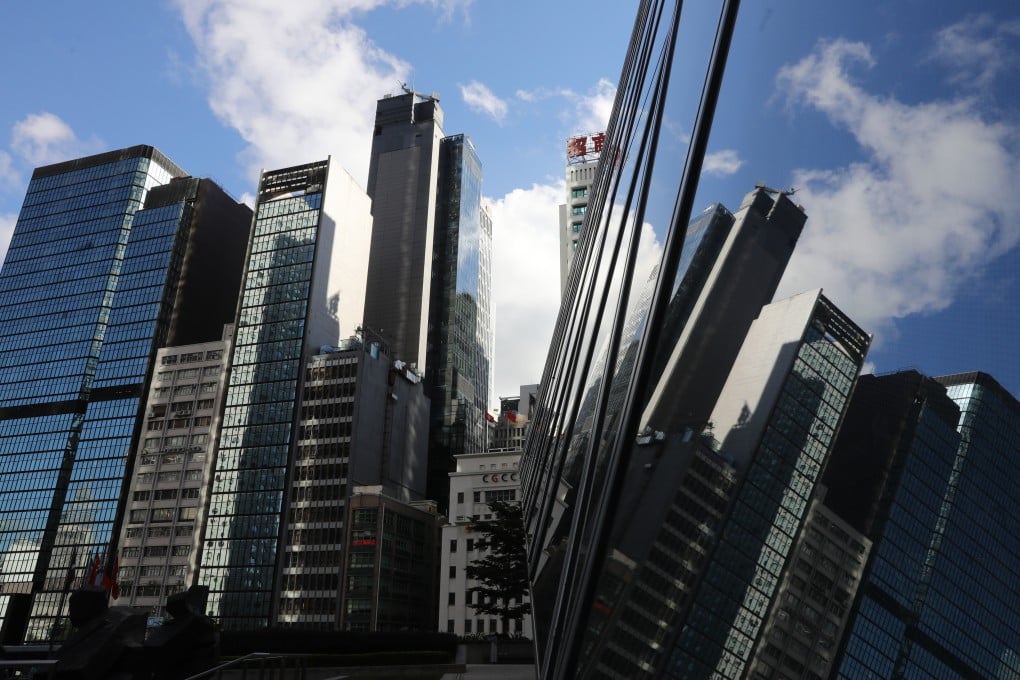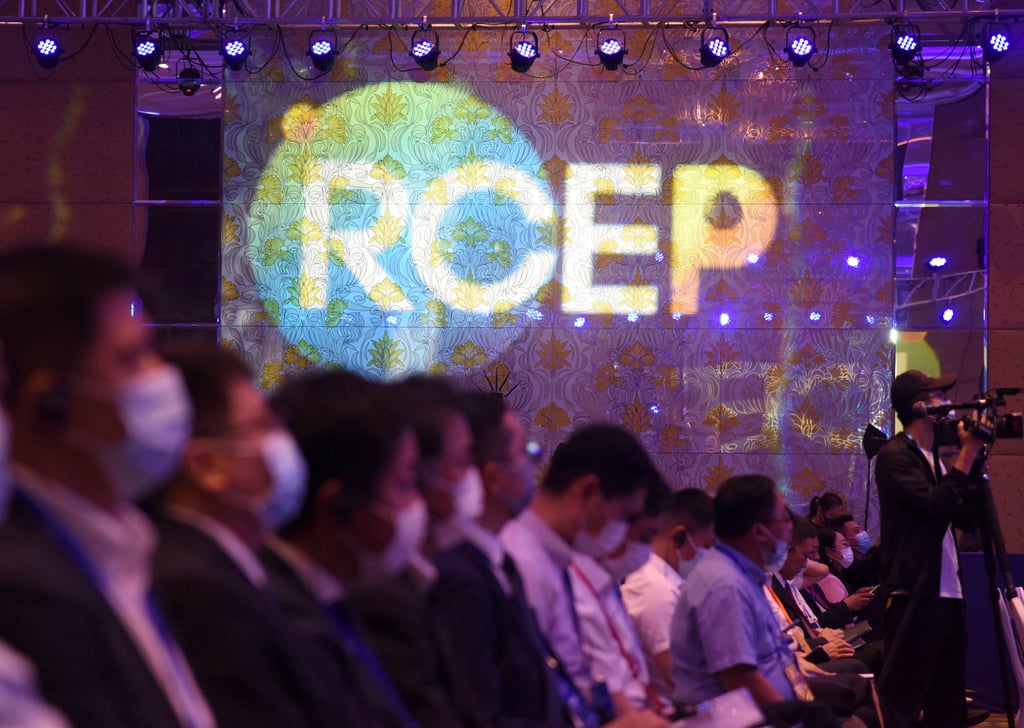Most Japanese firms in Hong Kong keen on expanding operations to regions covered by world’s largest free-trade pact, survey finds
- Although Hong Kong is not yet a member of the Regional Comprehensive Economic Partnership, the city is still a premier platform for trade pact, Japanese firms say
- City’s core strength lies in its business networks with mainland China

At least 60 per cent of Japanese-affiliated companies in Hong Kong have expressed an interest in expanding their operations to regions covered by the world’s largest free-trade pact, including the Greater Bay Area and Asean, a survey has found.
The survey, conducted by the Trade Development Council (TDC) earlier this year, found that almost 80 per cent of respondents also believed Hong Kong was a premier platform for the pact because of the free flow of capital and currency exchange freedom, while 72 per cent cited the city’s efficiency as a transshipment and distribution hub.

“Between mainland China and Japan, the RCEP is the first free-trade agreement they entered into in regional form. That’s why we see the additional benefits as higher [for Japan], that’s why we picked Japan’s market [for surveying] first,” Irina Fan, the council’s director of research, said on Monday.
Fan also said the survey was meant to help understand Japanese companies’ perception of Hong Kong as an effective means of conducting RCEP-related business, adding the council would look into surveying locally based firms from other regions.
Japanese companies surveyed include those involved in international trade, the wholesale and retail sectors, finance and logistics.
The RCEP, implemented in January 2022, connects 15 Asia-Pacific countries including 10 members of the Association of Southeast Asian Nations. The 15 economies are Australia, Brunei, Cambodia, mainland China, Indonesia, Japan, South Korea, Laos, Malaysia, Myanmar, New Zealand, the Philippines, Singapore, Thailand and Vietnam.
